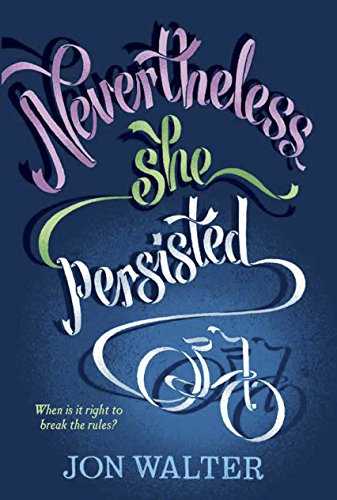Nevertheless She Persisted
Clara and Nancy have managed to escape their violent and abusive father, but not before Nancy has faced an unwanted pregnancy, a painful birth and the wrench of giving her child away. She and Clara now have steady jobs as prison wardens at Holloway Prison. It’s a new start for both of them. But it’s 1913, many of the prisoners are suffragettes on a hunger strike, and it’s the wardens who have to force-feed them. Nancy can’t help feeling sorry for the women and the indignity they are put through. Lonely and hurt after the loss of her child and feeling out of place in the new environment, Nancy is drawn to one of the prisoners, The Duchess, a well-known stage actress, and they strike up a friendship.
Nancy feels sympathy for the suffragettes and their cause, while Clara has worries of her own. She is spending all her free time with Ted and growing increasingly fond of him but is also enjoying the freedom that a job and her own money have given her. Her superiors are pleased with her work, and she knows that she may have a future there, but marrying Ted would mean giving up her work and her independence, so she faces a dilemma. As the treatment of the women becomes more violent, Clara becomes more conflicted, especially as Nancy’s activities become more militant.
This is a wonderfully written story of two sisters coming of age in a time of upheaval and social change; a story about protest and politics, class wars and gender wars. Nancy and Clara are fabulously well-drawn characters, and this book will appeal to readers who like strong female leads.










